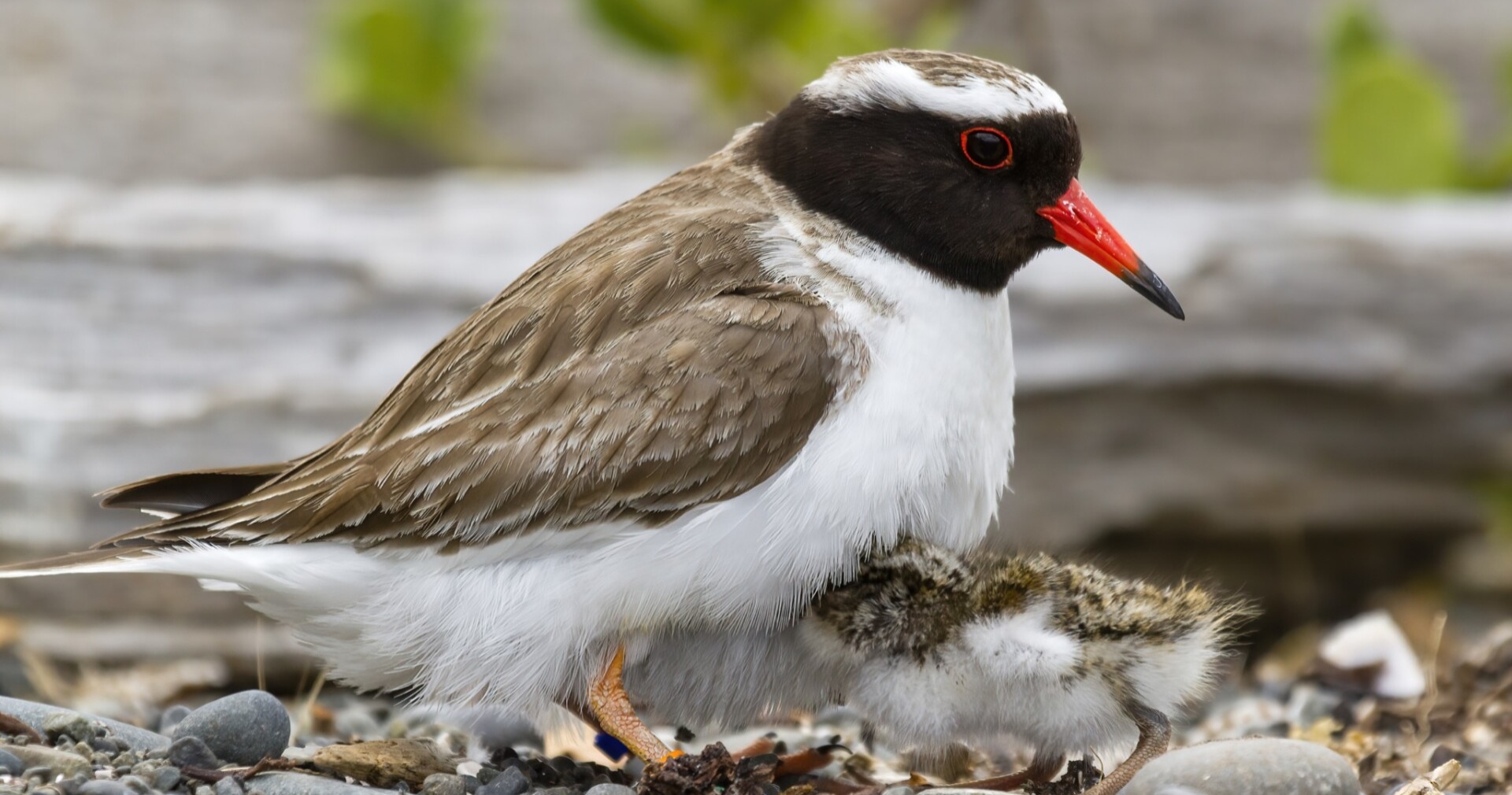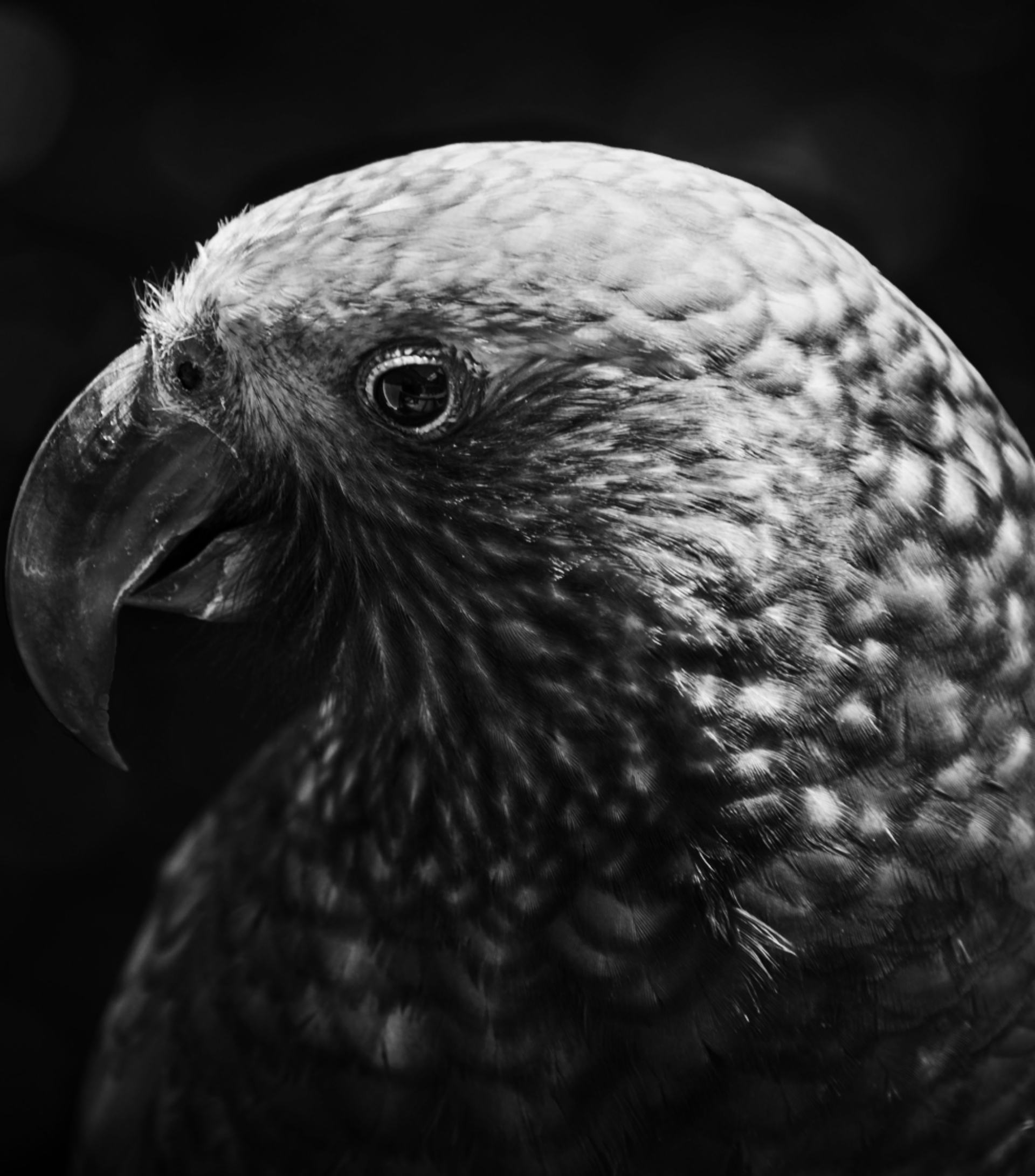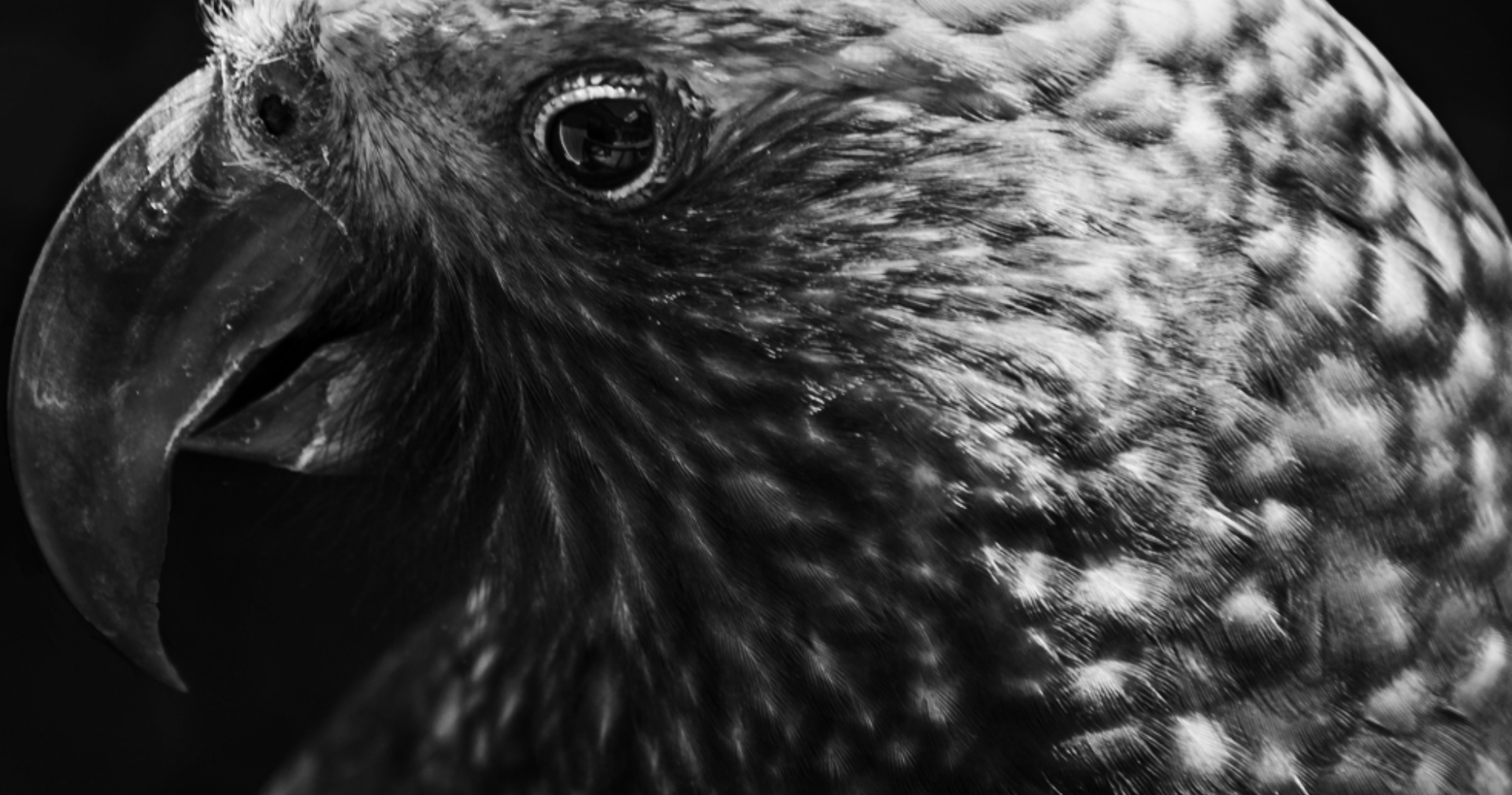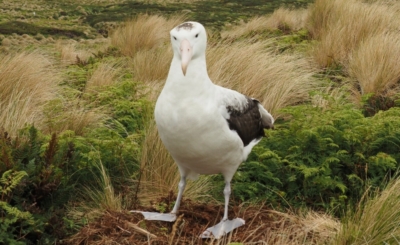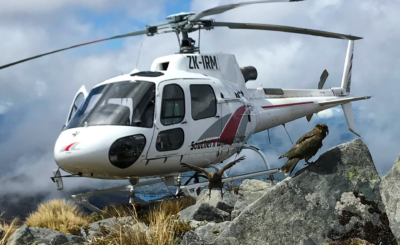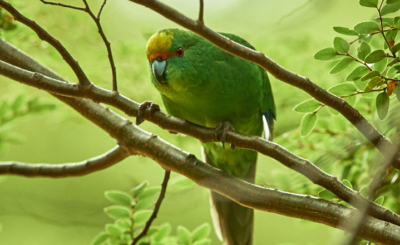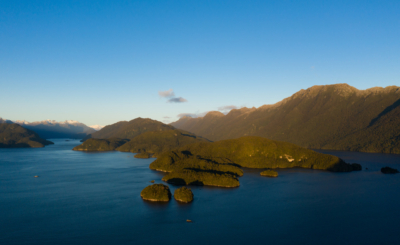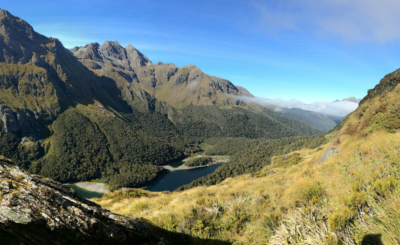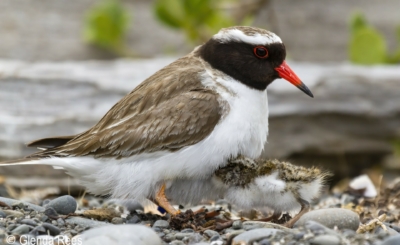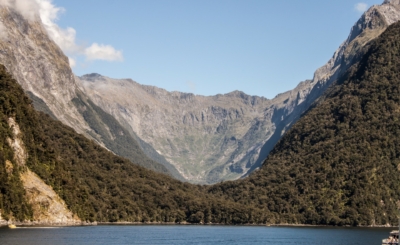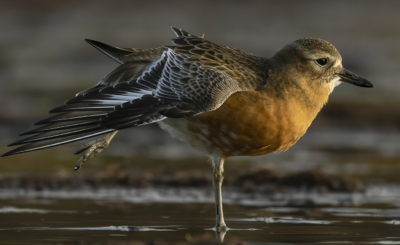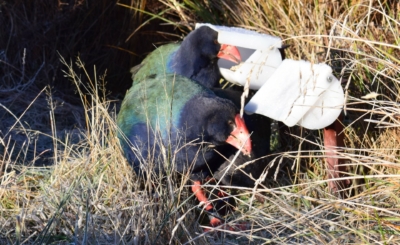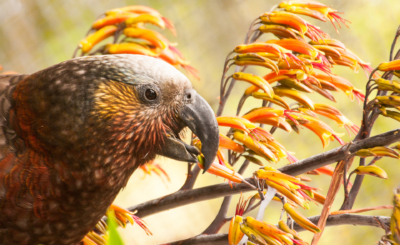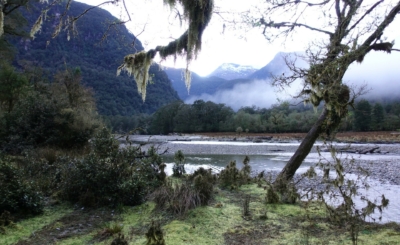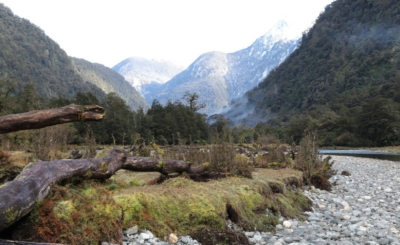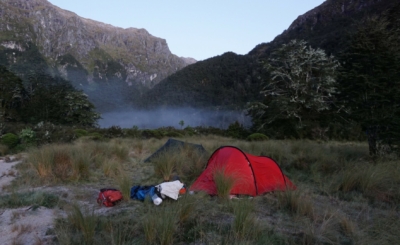The tūturuatu is the world’s rarest plover, with just 250 adults left. They’re endemic to New Zealand and if we lose them, there’ll be nothing quite like them left on the planet.
They’re little birds with big personalities, very curious and bold. Their dark face mask and brown cap, bright orange beaks and feet, and a quirky full-body bob motion marks them out from other species. Because they’re small and nest on the ground, tūturuatu are seriously at risk from introduced predators like rats, stoats and cats. Their survival relies on predator-free islands and support from the captive breeding programme.
They were last spotted on the mainland in 1872. Today over half the birds are on the remote Chathams and the rest are on islands around the mainland. There are three captive breeding facilities which hold just 18 pairs to help maintain and boost the species.
NZ Nature Fund is supporting the DOC project to release juveniles on Waikawa, and Motutapu Island in the Hauraki Gulf. To do this we need to monitor and manage breeding to maximise success, including translocations of new birds to the motu. We need over $80,000 a year for 5 years to make this project a success.NZ Nature Fund has raised half the money for the first year already.
Please help us raise the rest and save this critically endangered species.


